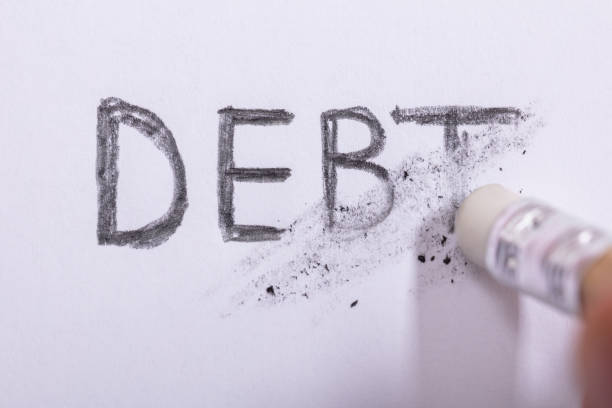You’ve already taken the right step if you’re looking for a better approach to managing your debt to eliminate most or all of it. A mortgage can help you realize the goal of owning a home and may even help you generate wealth if your home increases in value as you prepare to move forward. But having too much or improper kinds of debt, like high-interest credit card debt, might make it easier to achieve other financial objectives. This article will spread some light on the accessible ways of debt management. Please keep reading to know every bit of it.
Factors To Manage The Debt
Consider these given actions to manage your debt better. It might often feel challenging to pay back your debt. Making a plan to handle your payments and balances can help. Discover some quick actions you can take to help manage your debt by looking through these suggestions given by the experts of Money-Wise.
- Always pay bills on time.
35% of your credit score is based on your payment history. Pay as quickly as possible if you’ve missed a payment; it will help. If you are 30, 60, or 90 days late on payments, your credit reports will keep track of it.
- Regularly keep an eye on your credit.
Regularly check your credit reports for accuracy and to identify any areas for improvement.
- Invest more than the bare minimum.
Always make an effort to pay more than is required. This helps you pay off debt more quickly, save money on interest, and even raise your credit score.
- Establish your boundaries.
Your credit score may suffer if you are near or at the maximum of your credit limitations. Keep your balance on revolving lines under 30% of your credit limit.
- Understanding your debt-to-income (DTI) ratio.
Keep your DTI ratio around 35% because lenders consider it when issuing new loans and compare your debt to your monthly income.
- Only take on more debt when necessary.
Just if you need them, apply for and open new credit accounts. Too many open accounts with balances might hurt your credit score and be challenging to manage.
- Get access to reduced rates.
Examine your current loans to see if you qualify for reduced interest rates, significantly if your credit has improved or if rates have decreased since you first applied. Customers of Money view can utilize many similar features to see estimated rates and payments without affecting their credit scores.
- Be careful while canceling accounts.
In the short term, closing credit card accounts may lower your available credit and credit score. Keep an account open if it has a solid payment history and a minimal or negative balance.
- Create an emergency fund.
The ability to save money in a savings account may prevent you from using credit cards to cover unforeseen costs.
More add-ons are as follows:
- Assessment and plan creation
See when it’s your best choice: when your overall debt is getting out of hand, and you can only make the minimal credit card payment each month. The effects of compound interest will cause your debt to grow over time if you’re merely making the minimum payment each month to reduce your total.
See what it looks like: Your first step should be determining your actual debt amount. List each creditor you owe money to, the amount owed, the int

